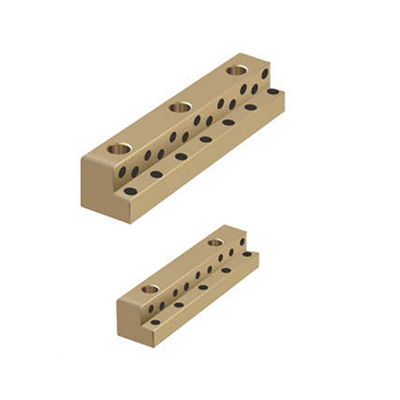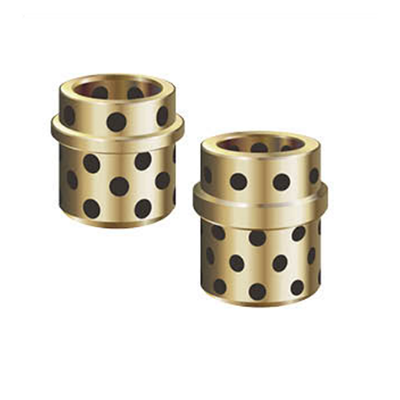In the wind power industry, wind turbine bearings are required to withstand high loads and frequent start/stop operations. Can the self-lubricating properties of Metallic Self-Lubricating Bearings effectively reduce wear caused by poor lubrication, thereby improving the service life and reliability of wind turbines?
In the wind power industry, the bearings of wind turbines do need to withstand high loads and frequent start/stop operations. These conditions pose severe challenges to the performance and life of the bearings. In response to your question, the self-lubricating properties of Metallic Self-Lubricating Bearings can play an important role in this case.
Metallic Self-Lubricating Bearings are able to achieve lubrication without the need for external lubricants by embedding solid lubricants (such as graphite, molybdenum disulfide, etc.) inside their materials. This self-lubricating mechanism can continuously provide lubrication effect during bearing operation, effectively reducing wear caused by poor lubrication.
During the operation of wind turbines, bearings are subjected to huge dynamic loads and frequent start/stop operations, which may cause the traditional lubrication system to be unable to provide lubrication in a timely or sufficient manner, thereby exacerbating bearing wear. However, the self-lubricating properties of Metallic Self-Lubricating Bearings ensure that the bearings are fully lubricated at all times, thereby reducing wear and extending the service life of the bearings.
Because Metallic Self-Lubricating Bearings require no external lubricant, maintenance costs and downtime due to lubricant leakage or contamination are also reduced. This further improves the operational reliability and productivity of wind turbines.
The self-lubricating performance of Metallic Self-Lubricating Bearings has significant advantages in the wind power industry, which can effectively reduce wear caused by poor lubrication and improve the service life and reliability of wind turbines.


 English
English Español
Español



